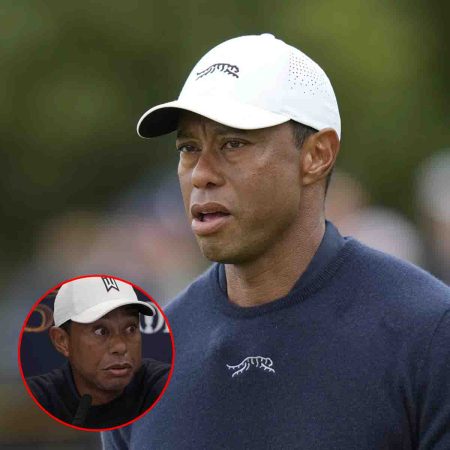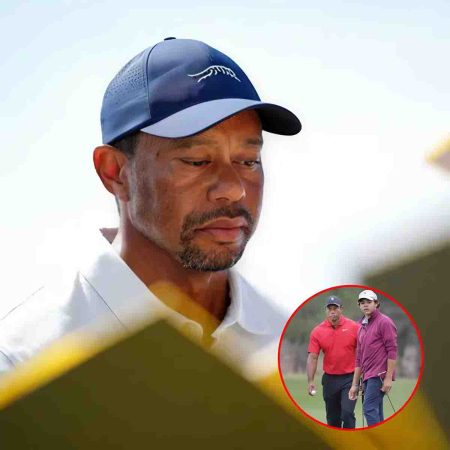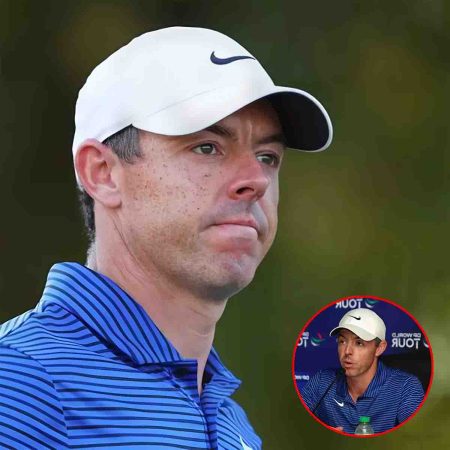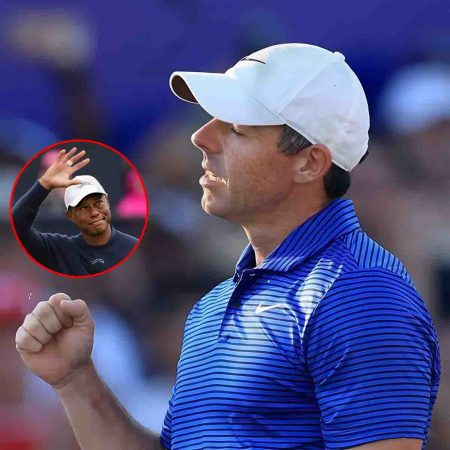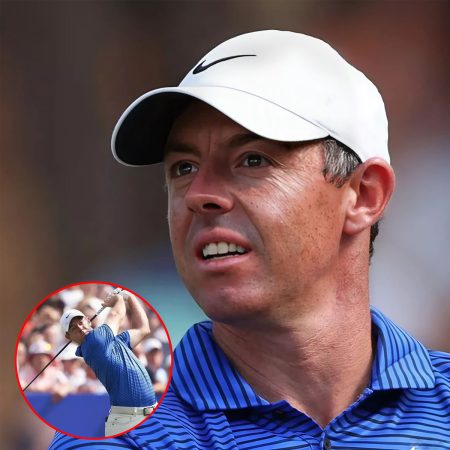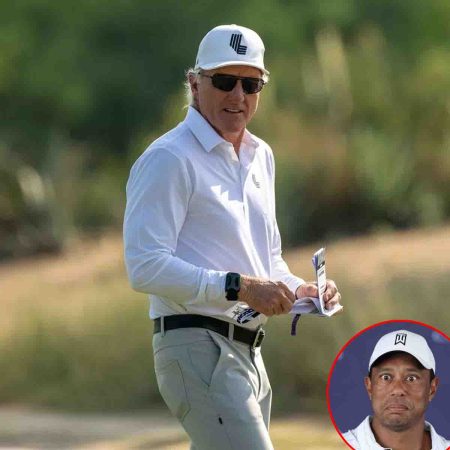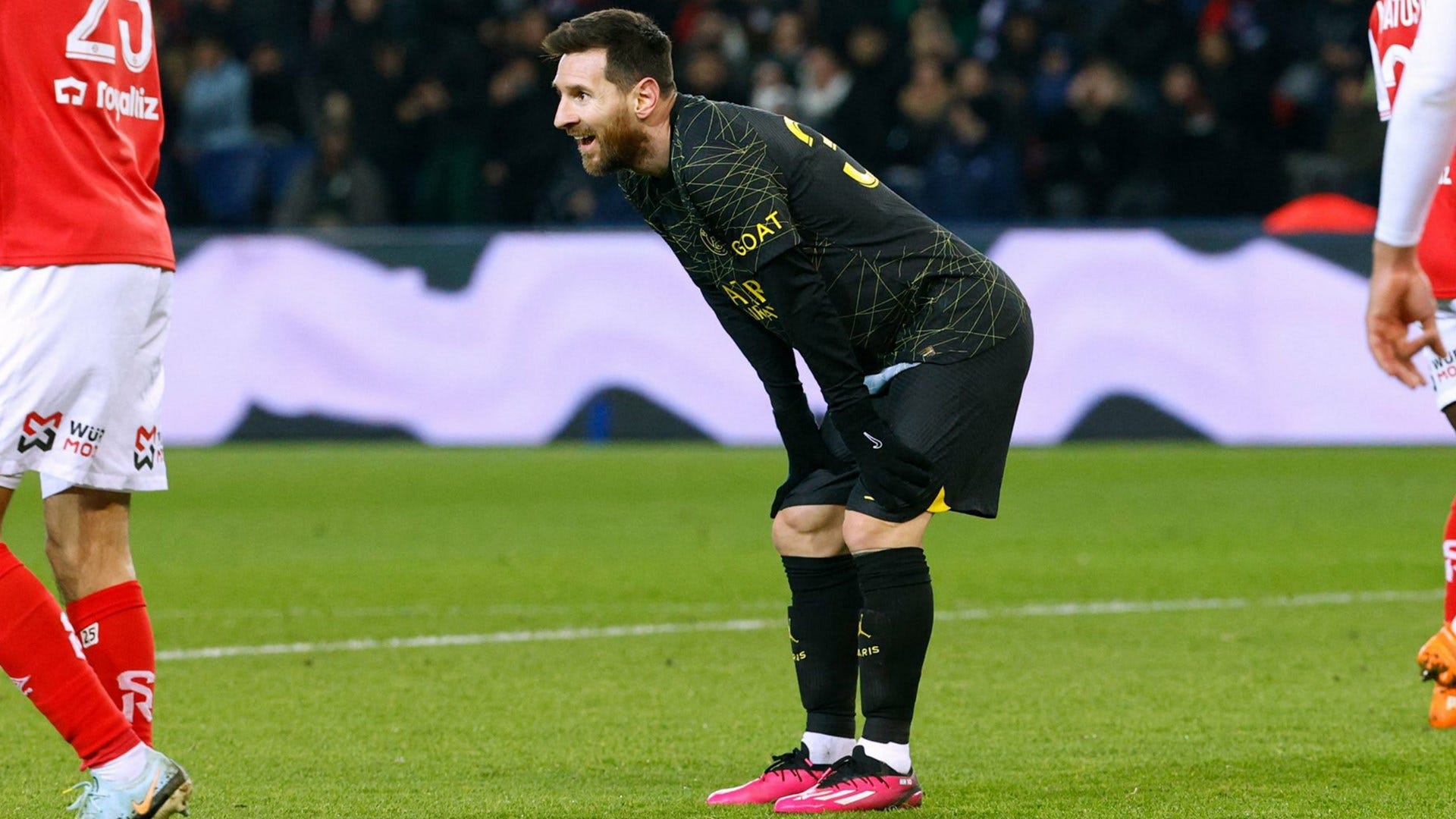
The Argentine’s performances since returning to his club have not been at the same level as in Qatar, which is concerning for the French champions.
Lionel Messi missed. Lionel Messi doesn’t usually miss. In the 83rd minute of Paris Saint-Germain’s Ligue 1 clash with mid-table Reims, the seven-time Ballon d’Or winner received the ball 10 yards from goal and almost completely unmarked. With little backlift, he lashed his shot towards goal, only for it to flash wide.
That miss meant that PSG’s lead remained at 1-0 – an advantage they would go onto relinquish thanks to Folarin Balogun bagging the most dramatic of late equalisers.
It was a strange moment from Messi, and one that eventually led to his team dropping vital points in what is turning into a tight Ligue 1 title race.
Article continues below

Still, Messi is allowed to do these things. He is, contrary to statistical evidence, human.
The concern is that the miss wasn’t an isolated incident. Since his return from the World Cup, the Argentina star has looked absent, an occasional visitor to a handful of football matches.
This isn’t necessarily any different from the Messi we have become accustomed to seeing at Parc des Princes over the past 18 months or so. Messi has routinely floated around the pitch for most of his PSG tenure, roaming across blades of grass before popping up with moments of brilliance, offering reminders that he might be some sort of alien being.
Those reminders became more regular in the first half of the season, as he hinted at what was to come in Qatar with a series of match-winning displays against opponents who are, for the most part, well below his level.
In recent weeks, however, those instances have been fewer and farther between; the ghostly figure of Messi strolling about, only occasionally doing something magical, is now a familiar image. And it’s starting to hurt his team.
“I’m not worried, but we need a wake-up call,” PSG manager Christophe Galtier said after the 1-0 loss to Rennes on January 15. “The World Cup is over. We’ve been scattered for eight weeks, so we have to retrieve some cohesiveness and pace.”
PSG have slipped in Ligue 1 in recent weeks, winning only one of their last three games. In the two most recent contests – that loss to Rennes and the draw with Reims – Messi has been far short of his best. And while there are many reasons for the team’s struggles – Kylian Mbappe’s Ligue 1 scoring drought among them – Messi’s slump hasn’t helped.
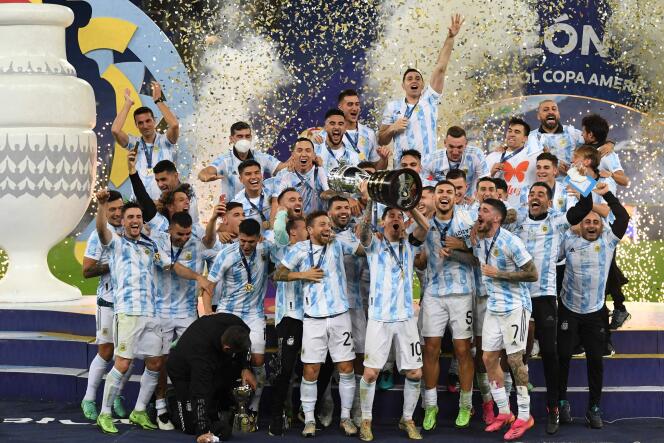
In a way, this was all easy to see coming. Messi was given three weeks off following Argentina’s World Cup win, which he spent holidaying and relaxing, deservedly soaking up his finest career achievement.
He was able to recuperate and recover from what was an immense achievement, but also an emotionally draining event. The player himself admitted that finally lifting the World Cup was a massive weight off his shoulders.
“I got everything in my career, individually,” he told UrbanaPlay in an interview that was aired on Monday. “It was about closing my career in a unique way. I never imagined that all this was going to happen to me when I started, and getting to this moment was the best.
“We won the Copa America [in 2021] and the World Cup, there’s nothing left.”
That feeling of having completed football, then, might have something to do with his club form seemingly having been cast aside since his return. At times, Messi just strolls around the pitch like a player who is still on holiday.
His defensive work cannot really be criticised, mainly because it doesn’t exist. Messi doesn’t press or track back anymore; in part because he’s not asked to by his coaches. His involvement, or lack thereof, in the attacking third, as well as his overall influence on the game, is far more concerning.
Messi has created only two chances from open play since returning to competitive action, and mustered just a single shot on target. His pass completion percentage is lower, and he’s been uncharacteristically loose on the ball, notably dispossessed four times by Reims centre-back Yunis Abdelhamid, who simply shrugged Messi off on a handful of occasions.
There has even been the odd wrong decision. He gave the ball away twice when PSG counter-attacking against Reims, squandering a three-on-two with Neymar and Mbappe both begging for the killer pass.
This is, of course, allowed when you are Messi. But it’s also not expected, and almost hard to believe. Retirement was unrealistic once he had won the ultimate prize, but it’s strange to watch a footballer confront the fact that he has nothing new to win in real time.
This is not to say that Messi no longer cares about football, and the way he has been able to maintain his energy levels has become one of his best attributes over the last six months. It was, indeed, his controlled effort, his intentional conservation of energy, that won Argentina a World Cup.
But the slips in form are unusual. If nothing else, Messi is the best to ever do it because of his consistent excellence. Even as he’s started to evolve and age, the Argentine has still found ways to impact big games.
Especially this season, he’s tended to pick his moments to step up. He scored four goals and laid on four assists in five Champions League group games, while in Ligue 1, he scored the winner to salvage three points against Nice and had a hand in two of four goals in a dramatic 4-3 win over Troyes.
These showings, memorable as they are, tend to be predicated on PSG reaching a certain level in the games in between. Messi is able to deliver in the big games because his team-mates are good enough to ensure victories in the rest.
But in January, PSG have botched the contests they’re supposed to ease through. They have won just one of their last four league matches, with their lead at the top having been cut to two points ahead of the upcoming midweek round of games.
These results aren’t all down to Messi; he wasn’t even in the team when they lost to second-placed Lens nearly a month ago. There are problems to address elsewhere on the pitch, too. Marco Verratti is facing up to a three-game suspension after being sent off for a horrific slide tackle against Reims, while injuries at left-back and inconsistency in central-defence have also been marked issues.
As well as an ever-tightening title race, the Champions League knockout stages are also on the horizon. PSG’s last-16 opponents, Bayern Munich, have spent January shoring their squad, with veteran goalkeeper Yann Sommer and Manchester City full-back Joao Cancelo arriving to fill positions of need.
The Bavarians, too, are involved in a battle for domestic supremacy that many wouldn’t have envisaged, with the Bundesliga’s top five teams currently separated by just three points. But their winter additions should make them a formidable opponent in a two-legged European tie.
PSG, meanwhile, are looking to complete a move for Hakim Ziyech to come in and depth to their star-studded forward line.
He is unlikely to be the difference maker, though. That role falls on Messi’s shoulders – but is he up to playing it anymore after his efforts in 2022?



